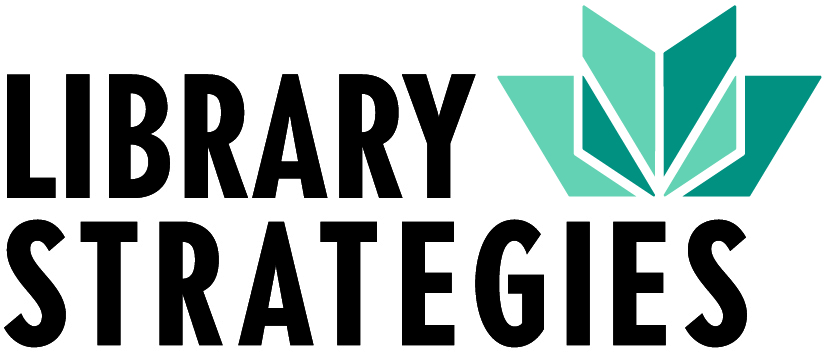We're on your team. How can we help?
We believe a dynamic library is at the heart of every community—and we can help you get there. Consulting projects come in all sizes, from strategic planning processes to Friends & Foundation training. Every consulting service we provide is uniquely designed to fit your needs no matter the scope of your project.
Strategic Planning Services
Library Strategies will work with you to you engage the community so that you can better prioritize services and activities, build innovation in your system, and use your resources wisely in response to rapidly changing needs and budget challenges. If facilities are part of your planning, we can help you make important decisions about spaces to best serve your customers. We can even train your team to facilitate your own planning. Browse our services and case studies below.
Resource Development & Community Investment
Library Strategies helps libraries and library support organizations build a culture that embraces fundraising and philanthropy. We can help you boost annual giving, explore the feasibility of a capital campaign, launch an advocacy effort, or make your friends/foundation more effective. We instill understanding of the vital connection between philanthropic investment and data that prove your value, relevancy and impact. We also help you develop and communicate your value proposition to advocate for greater support.
“Effective fundraising is about relationships first, money second.”
We took our most important fundraising advice and put it in a book just for you. Whether your library undertakes only occasional fundraising projects or is well along in this effort and wants to become more successful, Beyond Book Sales: The Complete Guide to Raising Real Money for Your Library will guide you through proven methods of effective library fundraising. It will help you think about raising dollars in new ways and stretching beyond your traditional fundraising activities. In fact, because so many libraries already know how to do book sales successfully, this book will not include that topic, except to offer one piece of advice: When selling books or other merchandise, determine how you can connect your sale to other fundraising you do.
